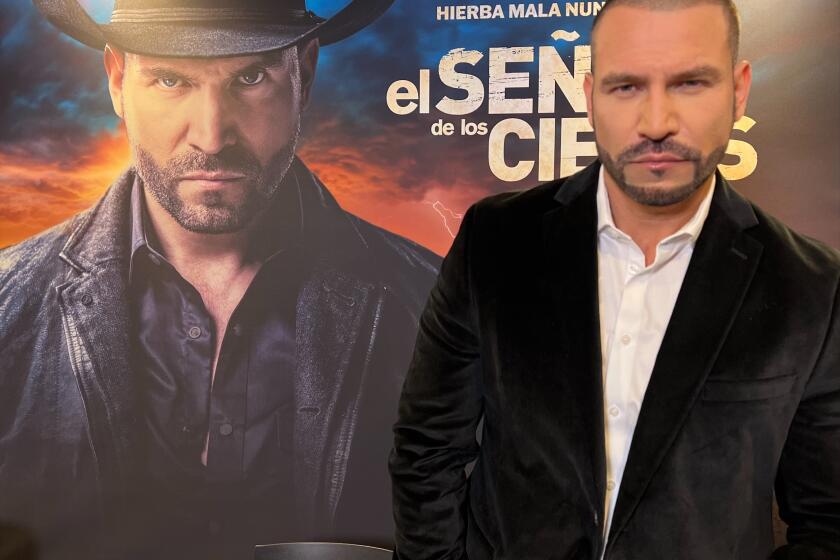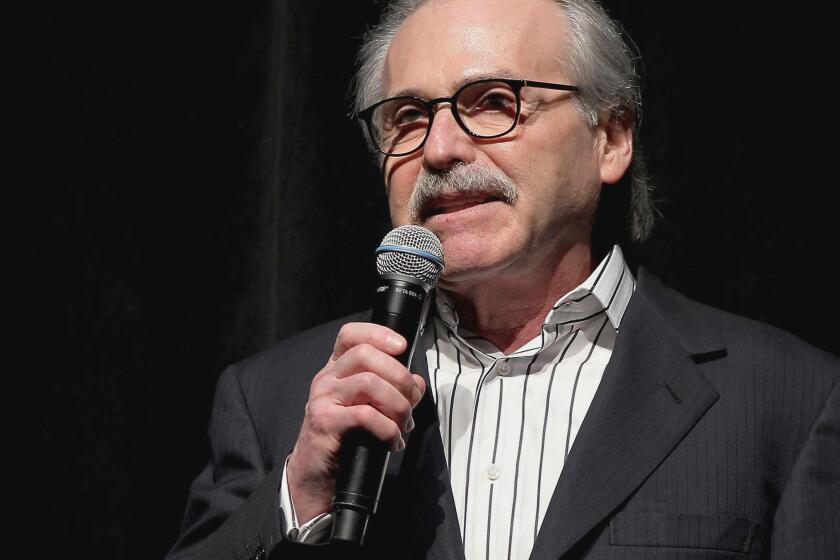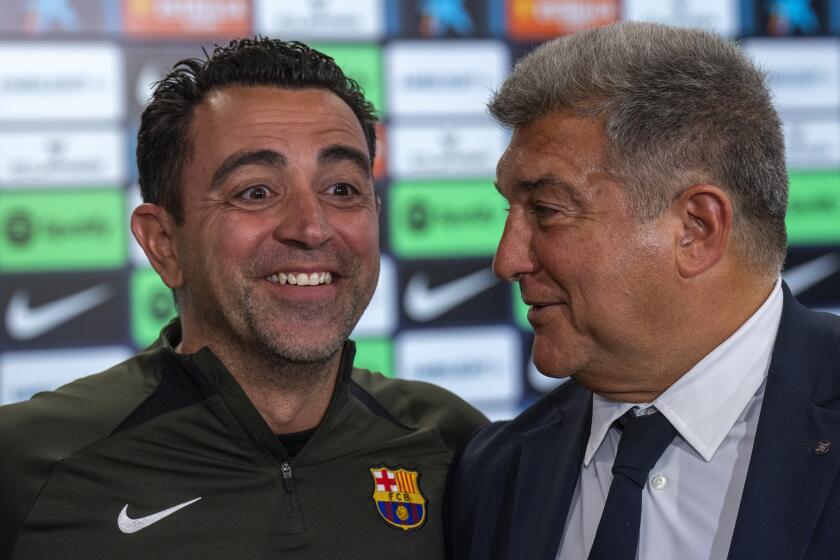19 EU states recognize Guaido as interim Venezuelan leader
Spain and 18 other countries belonging to the European Union on Monday signed a joint declaration of support and recognition for the United States-backed opposition leader as the interim Venezuelan president after an ultimatum they had signed calling on the embattled incumbent to call early elections expired.
The statement proclaims National Assembly speaker Juan Guaido as Venezuela’s interim president with the aim of “calling free, fair and democratic presidential elections.”
Signing the declaration were Spain, Portugal, Germany, the United Kingdom, Denmark, Holland, France, Hungary, Austria, Finland, Belgium, Luxemburg, the Czech Republic, Latvia, Lithuania, Estonia, Poland, Sweden and Croatia.
The move came after Venezuelan President Nicolas Maduro failed to comply with an ultimatum from several EU members to call a snap presidential election.
“The goal is to call elections as soon as possible,” Pedro Sanchez, Spain’s prime minister, told a press conference at his official Moncloa residence in Madrid, kicking off a day of similar announcements across the bloc.
“These elections have to be free, democratic, with guarantees and without exclusions,” he said, adding he would liaise with EU member states and the United Nations to draw up a humanitarian aid package for Venezuela.
Guaido is the president of the National Assembly, which is considered by the EU to be the only the legitimate parliamentary body in Venezuela. In 2017, Venezuela’s Supreme Court, whose members are mostly pro-Maduro, withdrew recognition of the National Assembly and the government proceeded with elections to a parallel body known as the National Constituent Assembly, which was boycotted by the opposition.
Shortly before the release of the joint statement, EU foreign policy chief Federica Mogherini had said that recognizing Guaido as interim president is not the responsibility of the bloc but rather lies within the purview of each of the individual member nations.
She insisted, however, that “there is a common European Union position on Venezuela and we have expressed it very clearly and together - all the 28,” referring to the demand for new elections.
“That position is very clear and consolidated over time. The European Union and its Member States have never recognized as legitimate the presidential elections that were held last year. We did not participate - none of us - at the inauguration of Maduro on 10 January. We recognize the National Assembly as the legitimate institution of the country and we recognize the role of its President (Guaido). This is clear, this is a common position,” she said.
Nine EU nations, including Italy, declined to sign the joint statement recognizing Guaido.
Russia, which is one of Venezuela’s principal creditors, rejected the EU ultimatum and the recognition of Guaido.
“We will continue to defend international law, supporting initiatives presented by certain Latin American nations like Mexico and Uruguay, who have urged for a national dialogue uniting all political forces in Venezuela,” Sergey Lavrov, Russia’s top diplomat, said during a visit to Bishkek, the capital of Kyrgyzstan.
Maduro accuses the EU nations of bowing to the policies of US President Donald Trump .
Guaido secured the backing of Washington before declaring himself acting president on Jan. 23.
Guaido took to social media to individually thank all the EU governments that had recognized him as caretaker president throughout the course of the day.
Maduro, however, took aim at Spain’s government in his criticism of the move.
“The cowardly Spanish government has made a nefarious decision in the history of relations between Spain and Venezuela,” he said in a televised speech alongside soldiers in the northern state of Aragua.
“I would tell Mr. Pedro Sanchez: God help it from happening, but if one day there is a coup d’état, if one day there is an American intervention, your hands, Mr. Pedro Sanchez, will be covered in blood,” he added.
In an interview with Spain’s La Sexta TV on Sunday, Maduro said Venezuela had been a victim of a campaign of aggression spearheaded by Trump.
Venezuela, an oil-rich country that has been hammered by lower global oil prices and economic sanctions imposed by the US, has been in recession for nearly all of Maduro’s time in office. He took over after predecessor Hugo Chavez ‘s death in 2013.
Hundreds of thousands of Venezuelans have fled their homeland amid food and medicine shortages and hyperinflation.
Sunday witnessed dueling anti-Maduro and pro-government rallies in Caracas.
Venezuela secured independence from its former colonizer Spain following a 13-year war that ended in 1823.



